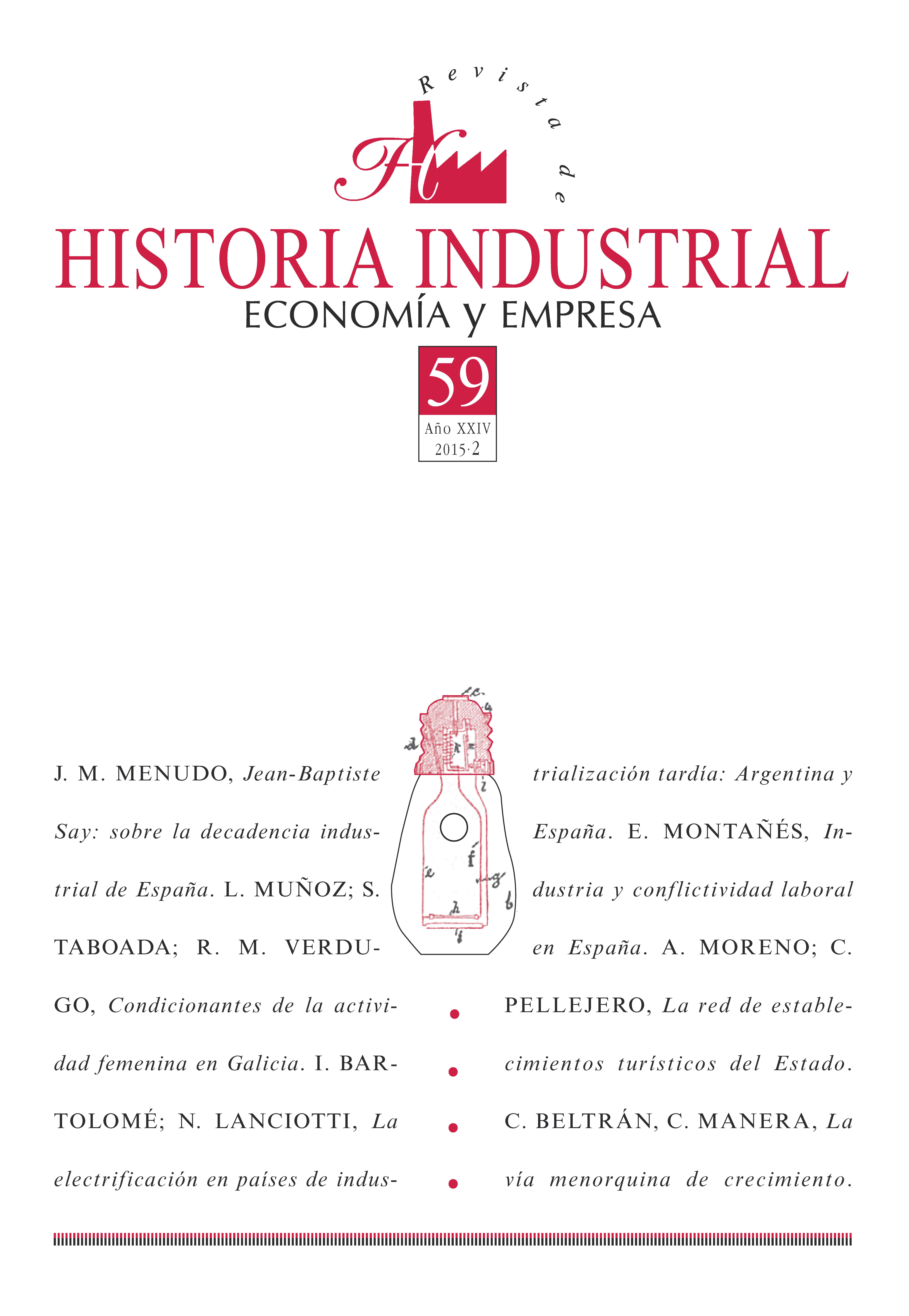The State-owned Tourist Establishments Network (1928-1977), need for hotels or tourism policy?
DOI:
https://doi.org/10.1344/rhi.v24i59.21284Keywords:
History, Tourism, Franco Regime, ParadoresAbstract
During Franco’s regime, Spain’s state network of hotels founded in 1928, Paradores, entered a new era. Prior to this, it was a small heterogeneous collection of hotels not located in developed tourist areas. From the 1950s onward, Paradores became an important instrument of tourism policy beyond the duty of offering beds in a country with an underdeveloped hotel industry. It was charged with controlling official hotel prices, improving the tourism sector and, from a specific moment, helping in the preservation of Spain’s cultural heritage. Thus, its development and transformation represent not only a business history but also what Franco’s regime meant by tourism and touristic development. The incredible increase in the size of the network, which grew by 65 hotels between 1940-1977, along with its ambitious architectural and territorial policy made the State one of the largest hotel businesses in Spain. This created a paradox in a country where the regime didn’t know how to (or couldn’t) resolve the problems of the national hotel industry. Beyond the numbers, in this article we look at whether or not Paradores fulfilled its objectives and the role it played in the structure of Spanish tourism, without forgetting, of course, its questioned economic profitability.Downloads
Downloads
Published
How to Cite
Issue
Section
License
The author assigns all rights to the publisher. Creative Commons
The author who publishes in this journal agrees to the following terms:
- The author assigns all intellectual property rights exclusively to the publisher for the entire duration of the applicable intellectual property rights.
- The publisher will distribute the texts under the Creative Commons Attribution License, which allows others to share the work, provided that they acknowledge the authorship, its initial publication in this journal, and the conditions of the license.





